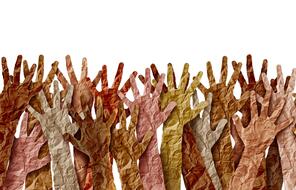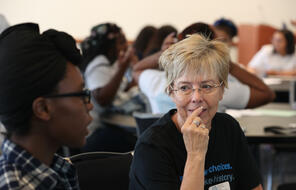Resource Library
Find compelling classroom resources, learn new teaching methods, meet standards, and make a difference in the lives of your students.
We are grateful to The Hammer Family Foundation for supporting the development of our on-demand learning and teaching resources.

Introducing Our US History Curriculum Collection
Draw from this flexible curriculum collection as you plan any middle or high school US history course. Featuring units, C3-style inquiries, and case studies, the collection will help you explore themes of democracy and freedom with your students throughout the year.
3350 Results
Combating Antisemitism and Racism
Help students strengthen their civic voices by exploring examples of individuals who are choosing to participate and make their voices heard in their communities.
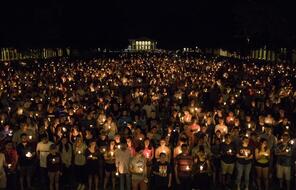
Educator Resources for New England Holocaust Memorial
A curation of educational resources for school groups visiting the New England Holocaust Memorial.
Discussing Race and Racism in the Classroom
This unit is designed to help teachers in the UK have conversations about race with their students in a safe, sensitive, and constructive way.
Teaching Schindler's List
Help your students be thoughtful, engaged viewers of Schindler's List with these lesson plans that foster reflection and make contemporary connections to the history.
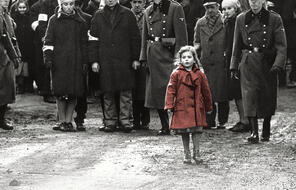
Explore the Partisans
Find interview transcripts, historical overviews, and primary source documents about a particular Jewish partisan or country.
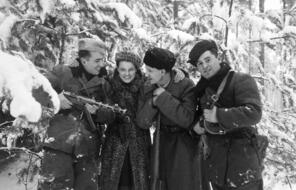
Resistance during the Holocaust: An Exploration of the Jewish Partisans
Explore the stories of Jewish partisans that stood against Nazi oppression, genocide, and antisemitism during World War II.

Understanding the Christian Roots of Antisemitism
Explore the origins and history of prejudice and discrimination against Jews with the resources in this collection.
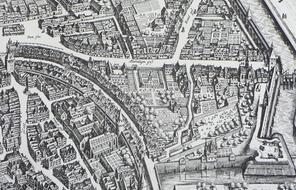
Children of Willesden Lane
This collection includes resources to accompany the text The Children of Willesden Lane, the powerful true story of Lisa Jura, who fled Nazi-occupied Vienna on the Kindertransport as a child.

Discussing Contemporary Islamophobia in the Classroom
This unit is designed to help students in the UK reflect on how Islamophobia manifests in contemporary society and what needs to be done to challenge it.

Confronting Online Antisemitism
Use these resources to help students recognize and address online antisemitism.

In Pursuit of Democracy and Freedom: A US History Inquiry
This 5–7 day C3-aligned inquiry explores the compelling question, “How can we make real the ideals of democracy and freedom?”
